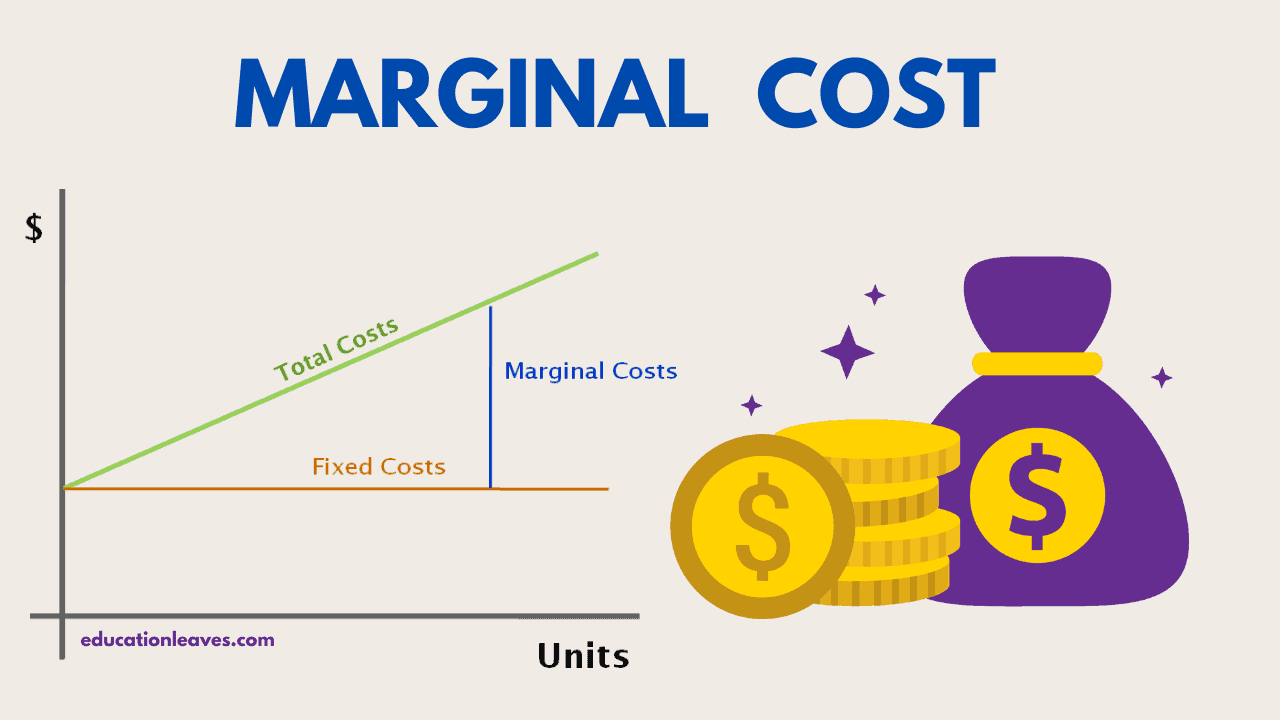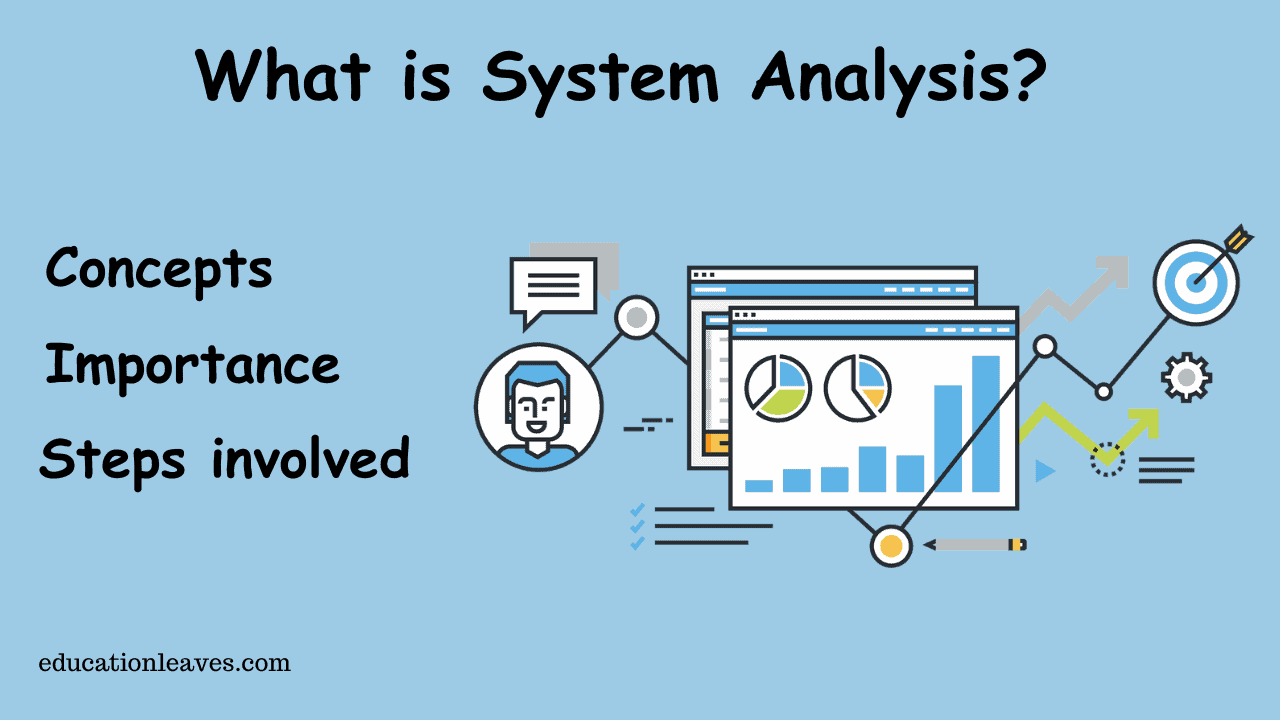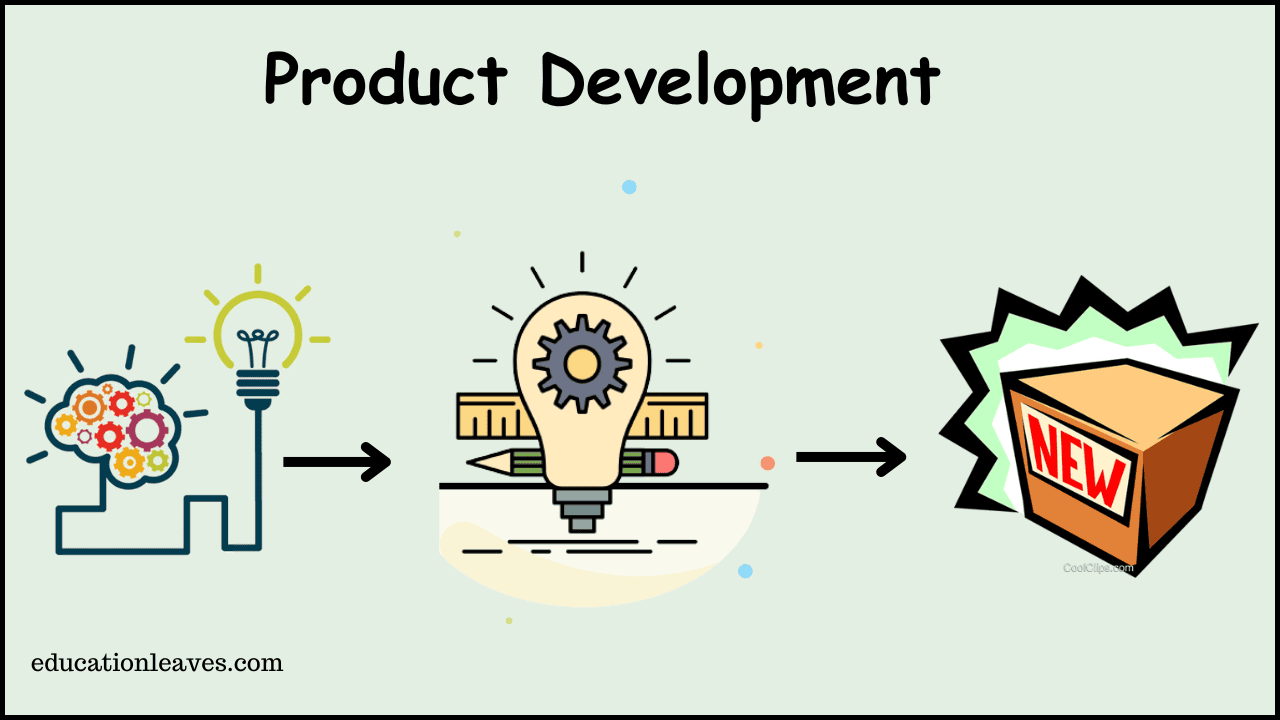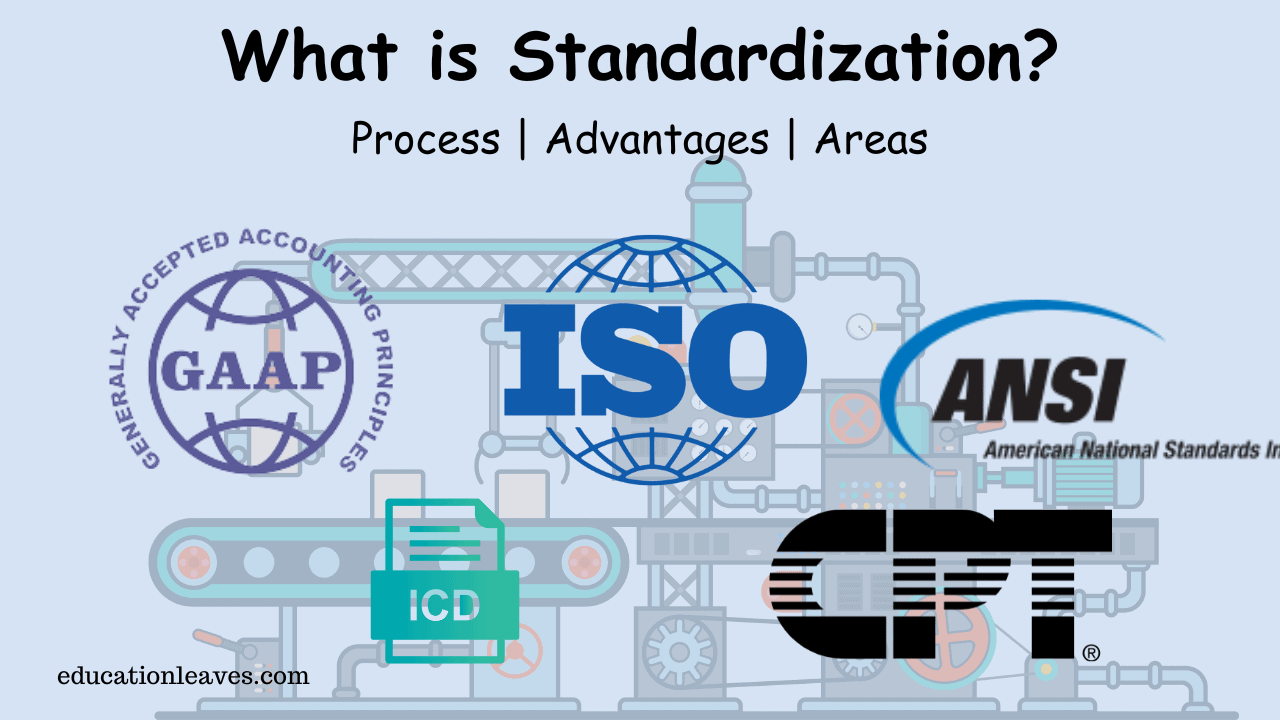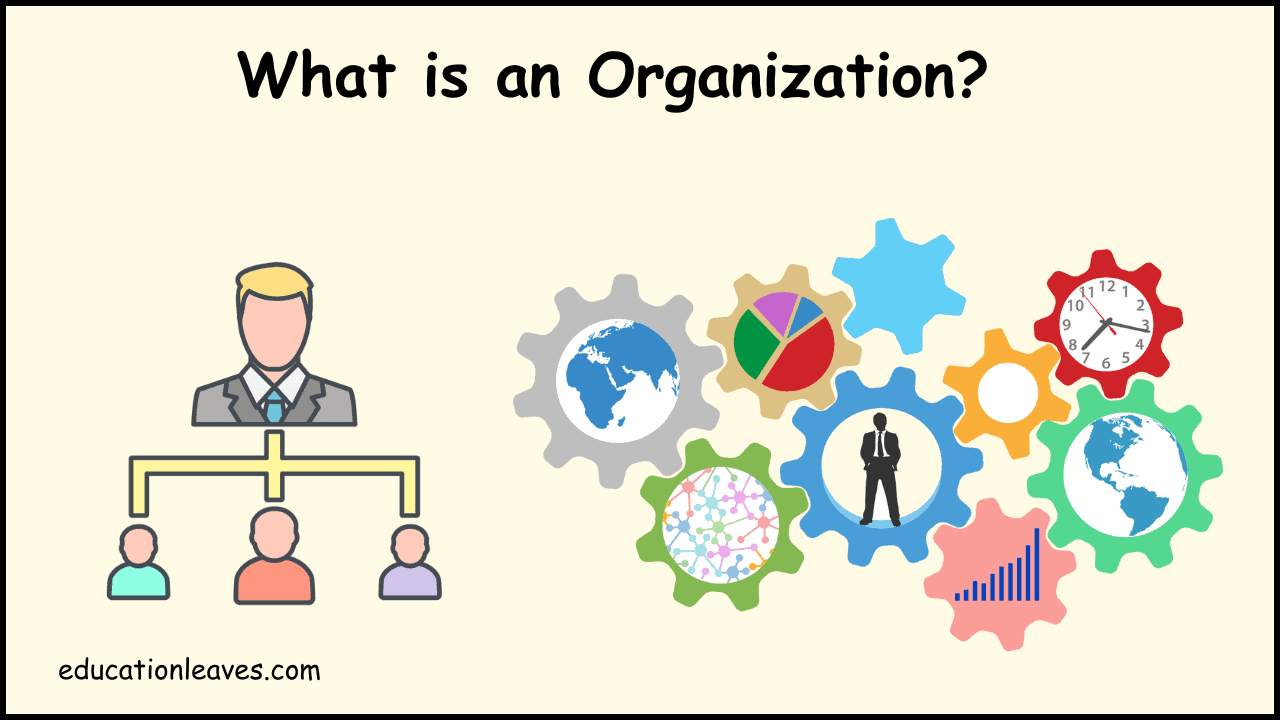Marginal Cost: Definition, Formula, Examples, Significance, marginal Revenue, and 5 Real-World Applications
Marginal cost is the additional cost a business incurs when it produces one more unit of a good or service. In simpler terms, it represents the cost of making an extra item.

